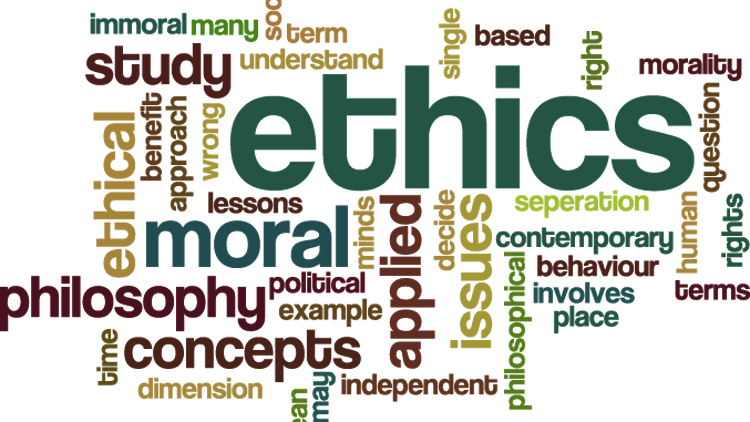PHI 015 - Introduction to Bioethics
This course surveys important cases in the history of bioethics, core ethical documents governing human subjects research, and the theoretical foundations for assessing difficult ethics cases. We work both from foundational principles and from concrete, real ethics cases. PHI 015 is appropriate for anyone interested in a career in ethics, medicine, health care and the biomedical sciences.
Faculty: Tina Rulli
Units: 4
Prerequisites: None
Quarters: Fall
Description
Advances in science and medicine generate new moral controversies. Genetic screening allows us to foretell which diseases and traits a child will have. But ought we to use it? Medical technologies allow us to prolong the lives of diseased or severely injured people. Do we have an obligation to preserve life at all costs even if the patient wills to die? We have radically new ways of creating human life - from test-tube babies to clones. What moral concerns should restrict our activity in these areas?
Topics in this course include autonomy and informed consent to medical treatment and research, human subjects research, and animal research ethics. We will discuss emerging technologies, especially genetic screening technologies. The course covers issues related to death: the ethics of end of life care, physician-assisted suicide, the definition of death, and ethics of organ donation.
